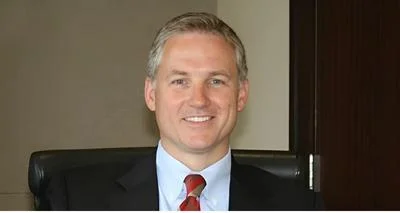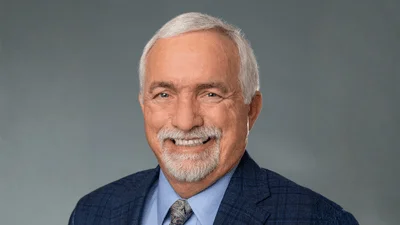House Speaker Kevin McCarthy (R-Calif.) said he recently designated legislation introduced by Majority Leader Steve Scalise (R-La.) as H.R. 1 to signal it is a top legislative priority.
“The partisan reconciliation bill that Democrats passed into law last year included a devastating $6 billion national natural gas tax, while also spending billions of dollars on green New Deal type boondoggles," House Rules Committee Chairman Rep. Tom Cole (R-Okla.) said during a hearing on March 27. "The consequences of these policies should have been obvious from the beginning."
H.R. 1 builds off efforts by the Energy, Climate and Conservation Task Force, Chairwoman Cathy McMorris Rodgers’ (R-Wash.) House Energy and Commerce Committee, Chairman Bruce Westerman’s (R-Ark.) House Natural Resources Committee, and Chairman Sam Graves’ (R-Mo.) House Transportation and Infrastructure Committee, according to McCarthy’s office.
McCarthy said it will “restore American energy leadership,” which he believes can be done by “repealing onerous taxes and overregulation on American energy producers so we can lead the world in providing clean, affordable energy.” It will make building infrastructure such as pipelines, roads and dams easier, the release reported. Permits take an average of five years, costing millions of dollars. “We can streamline permitting and still protect the environment,” he said. “That’s a goal worthy of the number 1.”
H.R. 1 will roll back damaging Biden administration policies and reform the permitting process for new energy projects, yielding a $6 billion natural gas tax and $27 billion green bank, Cole said.
“Most importantly, lowering energy prices will ensure that no one has to choose between putting food on the table or fuel in the car,” he said.
Ranking Member Rep. Jim McGovern (D-Mass.) called it the “Polluters Over People Act” as it doesn’t lower energy costs or improve energy independence.
“The bottom line is that this bill makes it easier for companies to pollute and get away with it, making our air and water dirtier and exposing people to dangerous chemicals that could hurt them,” McGovern said.
He said it cuts Inflation Reduction Act policies holding polluters accountable for dangerous chemical spills, reverses clean energy investments and gives big oil handouts, as well as makes it easy for mining companies to strip public lands of resources.
Senator John Kennedy (R-La.) introduced the companion bill in the Senate on March 22, according to a press release.
“Energy production is the key to America’s national security and economic success," Kennedy said. "Louisiana has always served our country by helping bring affordable, sustainable energy to market, and this bill would remove the burdensome, bureaucratic handcuffs that have been hurting the industry and millions of Americans.”
Kennedy also said the bill would remove Clean Air Act restrictions on importing and exporting natural gas, remove “burdensome” oil and gas production fees in the Inflation Reduction Act to incentivize domestic production, and ban members of the Chinese Communist Party "from acquiring any interest in lands leased for oil or gas under the Mineral Leasing Act or Outer Continental Shelf Lands Act."
Electricity prices were 14.3% higher in 2022 than in 2021, a surge larger than the rate of overall inflation, according to Utility Dive.









